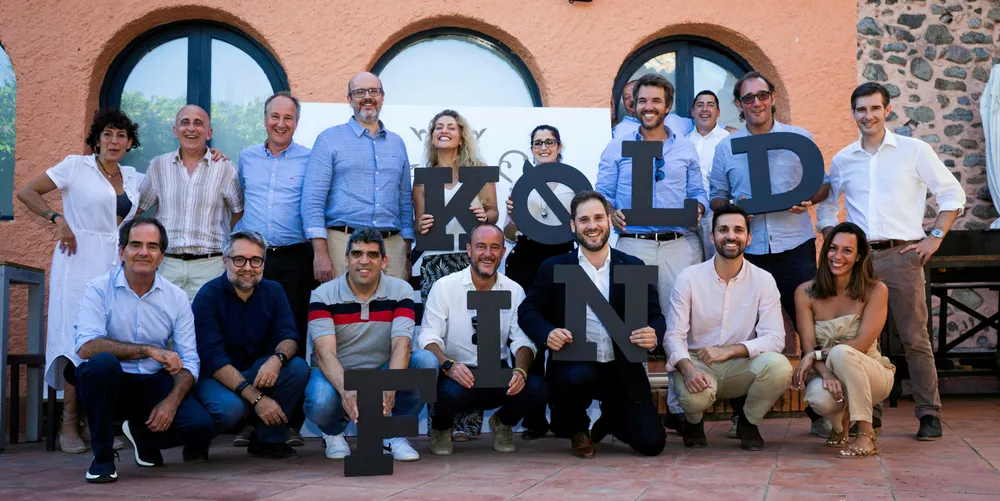Supplier launches new retail line to take advantage of hot Spanish seafood market
The company is also expanding its processing capacity to help it keep up with the growth.

The company is also expanding its processing capacity to help it keep up with the growth.
